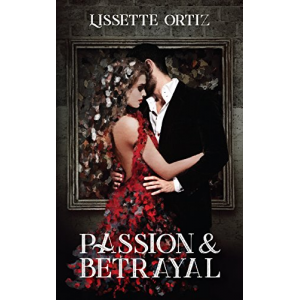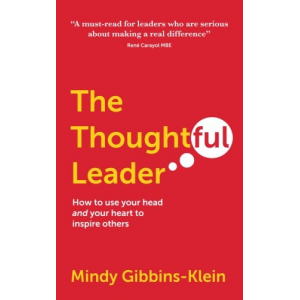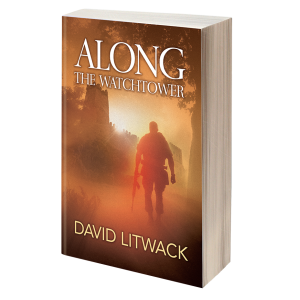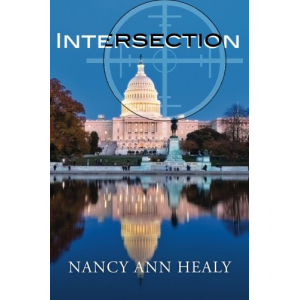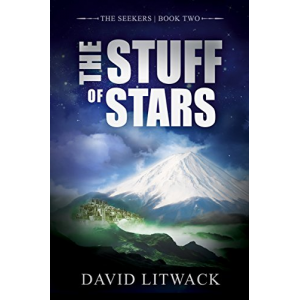- Author
- Book
- Story behind the book
- Media Links
- Reviews

Richard Milton
About
I'm a British writer and journalist, and author of a dozen titles, both fiction and non-fiction.

Peter and the Whimper-Whineys
Description
<span style="line-height:115%;font-family:Calibri, 'sans-serif';font-size:11pt;"><span style="font-family:Calibri;">Peter and the Whimper-Whineys is about a small rabbit who whines all the time. His mother cautions him that if he keeps on whining and crying, he’ll have to go live with the Whimper-Whineys. One night Peter hops into the dark forest.<span> </span>He meets some Whimper-Whineymen and discovers that not only do the Whimper-Whineys whine all the time, but they are very ill-mannered and rude. He discovers that everything is sour in Whimper-Whineyland and decides his mother was right! If only he can get back home… a recent critique, “Though there are other books out there for children about whining, I cannot imagine any parent or guardian not wanting to read this book to their child!... <span> </span>Parents everywhere applaud you!” </span></span>
Story Behind The Book
As a science writer and journalist, I’m reminded every day that we live in a world ruled by scientific rationalism. Governments, companies, institutions of every kind are expected to behave in a strictly rational way. What you see in the world around you is what you get - the only reality is what you can see, hear, feel, smell and taste. And there is no such thing as a free lunch. We even have organisations like CSICOP - the Committee for Scientific Investigations of Claims Of the Paranormal - scientific skeptics who have appointed themselves to guard science against the incursions of superstition and ignorance. If any scientist should step out of line by suggesting that there might be more to the world than we know, he or she is quickly sat on by the guardians of science - the Paradigm Police. French psychologist and statistician Michel Gauquelin published evidence that he said showed "highly significant statistical correlations between planetary positions and the birth times of eminently successful people." Gauquelin became the target of intense criticism by CSICOP and others for his support of astrology. Robert Jahn and Roger Nelson of the Princeton Engineering Anomalies Research Lab at Princeton University, have accumulated years of statistical trials on microscopically small psychokinetic effects - effects that are way beyond chance expectation. Again the researchers came under intense fire from skeptics because their work appears to confirm the existence of psychokinesis - the ability of the mind to affect the world. This kind of reaction is pretty much the norm today. One prominent British skeptic, Dr Jonathan Miller, said on Channel4 TV, “I wouldn’t believe in homeopathy even if you showed me the evidence.” This might seem an unusual position for a scientist to adopt, but it is symptomatic of the age in which we live (“Science is the religion of the twentieth century”, said George Bernard Shaw.) There have always been skeptics and inquisitions to make sure we all toe the accepted line. Antoine Lavoisier, who makes a fictional appearance in Dead Secret, was the father of scientific measurement, and secretary of the prestigious Academie des Sciences. Yet he refused to believe that meteorites were real. He told his fellow Academicians, “Gentlemen, stones cannot fall from the sky, because there are no stones in the sky.” But what would happen, I wondered, if one of these highly rational skeptics was confronted by inescapable evidence of the paranormal? Not just in the form of dry statistical variation in the lab, but in the shape of a beautiful woman - powerful, challenging and a sexual predator? A woman, in fact, like Eve Canning? And who better to subject to my experiment than a sceptical science editor of a magazine? It was at this point that I sat down and wrote; “Bad news is good news, when you work on a newspaper. . . .” So which parts of Dead Secret are true, and which parts made up? The truth is, I don’t know any more than you do. But I have had a lot of fun imagining a world in which it could all be true and I hope you’ve enjoyed exploring that world, too.
Media Links
Reviews
<p>By Amazon Customer ***** Well-researched, well-written; thoroughly enjoyable.<br /> "This is a fascinating, and spine-chilling tale told by a Master of the craft of writing and is one of the few genuinely 'unputdownable' books I have read."<br /> <br /><strong>By FMCG ***** A superb book on literal, supernatural skulduggery.</strong><br /> "Dead Secret is a story that has it all: a terrific plot that interweaves eternal youth with alchemy and conspiracy theories; money like you've never dreamed of, sex exactly as you've dreamed of, and death as it's never quite been portrayed before, and that portrayal is a nightmare."</p> <p>By Tartarus ***** “An intriguing paranormal thriller.<br /> “Richard Milton is most well known for his non-fiction works Shattering the Myths of Darwinism and Alternative Science. Dead Secret is his first work of fiction, and I must say he's done a good job with it.”<br /> <br /> By 100WordReviewer ***** Stimulating, thought-provoking and enjoyable thriller.<br /> “I read and enjoyed "Dead Secret" a couple of years ago in hard copy. It's a stimulating, entertaining and thought-provoking thriller combining Milton's in-depth story-telling and scientific expertise to powerful effect. I have no hesitation in recommending "Dead Secret" to anyone looking for a fast-paced, enjoyable read with plenty of plot twists and surprises. Bonus: "Dead Secret" contains several scenes of highly unusual and graphically-depicted sex. Don't try this at home - unless you're sure what you're doing.”<br /> <br /><strong>By An Amazon Customer ***** A rollercoaster paranormal thriller</strong><br /> “For an amateur Fortean like myself (that is, someone interested in allegedly paranormal and unexplained phenomena) this novel is a delight from start to finish - it manages to include scenes covering everything from mediums, through telepathy, clairvoyance, apparitions, Jung and synchronicity, the I-Ching, numerology, physiognomy, out of body experiences, mad scientists, and conspiracy theories, to the immortal Count St. Germain - not forgetting a secret, dangerous sexual rite which leads to such intense pleasure that it can trip the mind into a higher state of conciousness - and even kill.”<br /> <br /> "If I could, I would give this book six stars!”<br /> </p>

